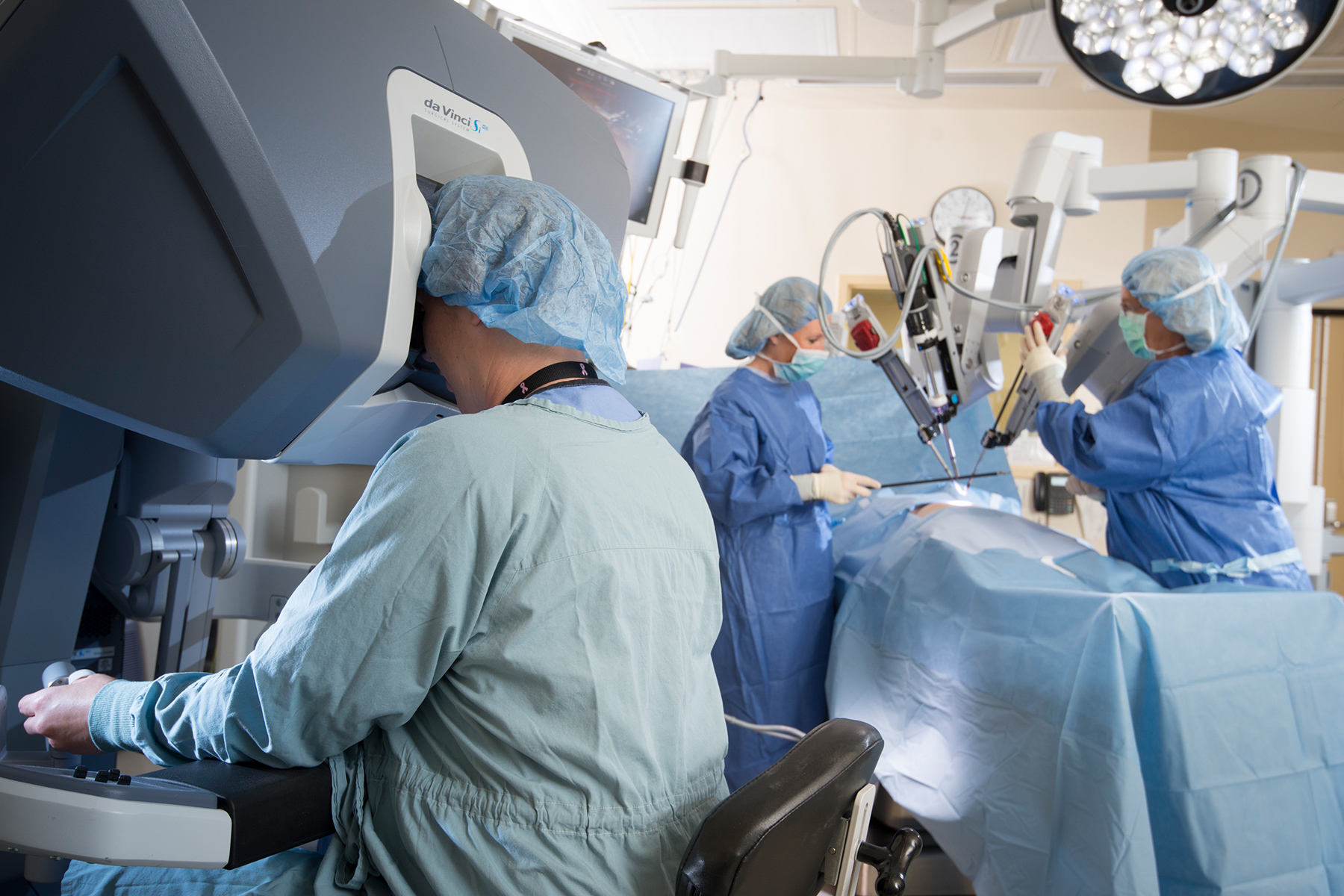News release
From:
Robot-assisted surgery offers no clear advantage over conventional surgery
A review of published research found no clear advantage to surgery with existing robotic platforms, which are costly and increase operation duration. The authors suggest that with refinement, competition, and cost reduction, future versions have the potential to improve clinical outcomes. The findings are published in Annals of Internal Medicine.
Robotic surgery is a form of minimally invasive surgery that aims to overcome the limitations inherent to both laparoscopy and open surgery. However, the description of current platforms as “robotics” is a misnomer because they lack any automation, but rather are surgeon-controlled devices. The initial cost of the most prevalent robotic platform is at least $1.5 million, plus additional costs associated with training and maintenance. In order to provide value, robot-assisted surgery must demonstrate clinical benefit to justify the steep financial burden.
Researchers from the University of Texas, Houston reviewed 50 published randomized controlled trials comprising more than 4,800 patients to assess the quality of evidence and outcomes for robot-assisted abdominopelvic surgery compared with laparoscopy, open surgery, or both. The majority of studies showed no difference in intraoperative complications, conversion rates to open surgery, and long-term outcomes. Overall, robot-assisted surgery had a longer operative duration than laparoscopy, but no obvious difference was seen versus open surgery. While robot-assisted surgery is proven safe and effective, the authors conclude that it currently has no clear clinical benefit given its considerable cost and lack of improvements over conventional surgeries.



 International
International


